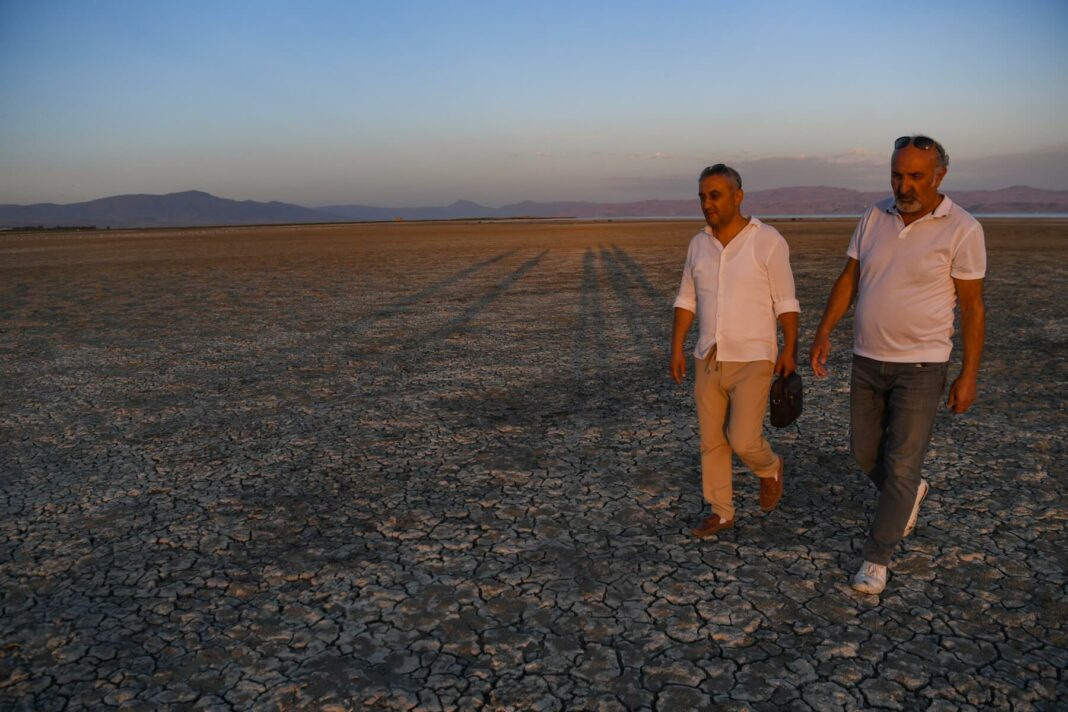A staggering 88 percent of Turkey’s land is at high risk of desertification, putting the country on a trajectory toward severe water scarcity by 2030, according to a new United Nations report.
The “Drought Hotspots Around the World 2023–2025” report, published by the UN Convention to Combat Desertification (UNCCD), identifies Turkey as one of the most vulnerable countries in the Mediterranean basin. The report warns that climate change, combined with unsustainable land and water management practices, is accelerating land degradation and threatening the country’s long-term food and water security.
Turkey lies within a critical drought corridor stretching from southern Europe to Central Asia. Satellite data show that southeastern Anatolia is particularly affected, with severe soil moisture loss and rapidly changing weather conditions increasing the risk of sudden, short-term droughts that could devastate agriculture in a matter of weeks.
The report reveals that Turkey’s groundwater reserves are being depleted by agricultural overuse, leading to the formation of dangerous sinkholes. In 2024 local authorities in Adana banned the planting of water-intensive crops such as rice and corn, while Ankara’s main water reservoirs dropped to emergency levels.
Turkey’s challenges are not limited to environmental changes. According to the World Risk Report 2024, Turkey ranks 35th among 193 countries in terms of disaster risk. The report, published by the Institute for International Law of Peace and Armed Conflict and Bündnis Entwicklung Hilft, assesses countries’ vulnerability to natural disasters. Turkey is considered a high-risk country due to its exposure to natural hazards and its capacity to cope with them.
The recent past offers a clear picture. In 2021, wildfires destroyed nearly 200,000 hectares of forest in the coastal provinces of in Antalya and Muğla in the south of Turkey.
In the same year sudden floods in the Black Sea region resulted in dozens of deaths. In early 2023, a double earthquake struck 11 provinces, causing enormous loss of life. While not climate-related, the disaster exposed weaknesses in rescue coordination and logistics.
The UNCCD report calls for urgent reforms in Turkey, including the adoption of modern irrigation systems to reduce water loss, land restoration programs and integrated national risk management plans. Currently, such initiatives remain limited and unevenly funded.
The report situates Turkey’s crisis within a global context, noting that drought is not an isolated issue but part of a broader global crisis driven by environmental stress, policy failures and economic fragility.
“Drought is a silent killer,” said UNCCD Executive Secretary Ibrahim Thiaw. “It creeps in, drains resources, and devastates lives in slow motion. Its scars run deep.”
The report warns that without swift action, the costs of inaction will rise, threatening not just food and water security but also the country’s broader social and economic stability.

